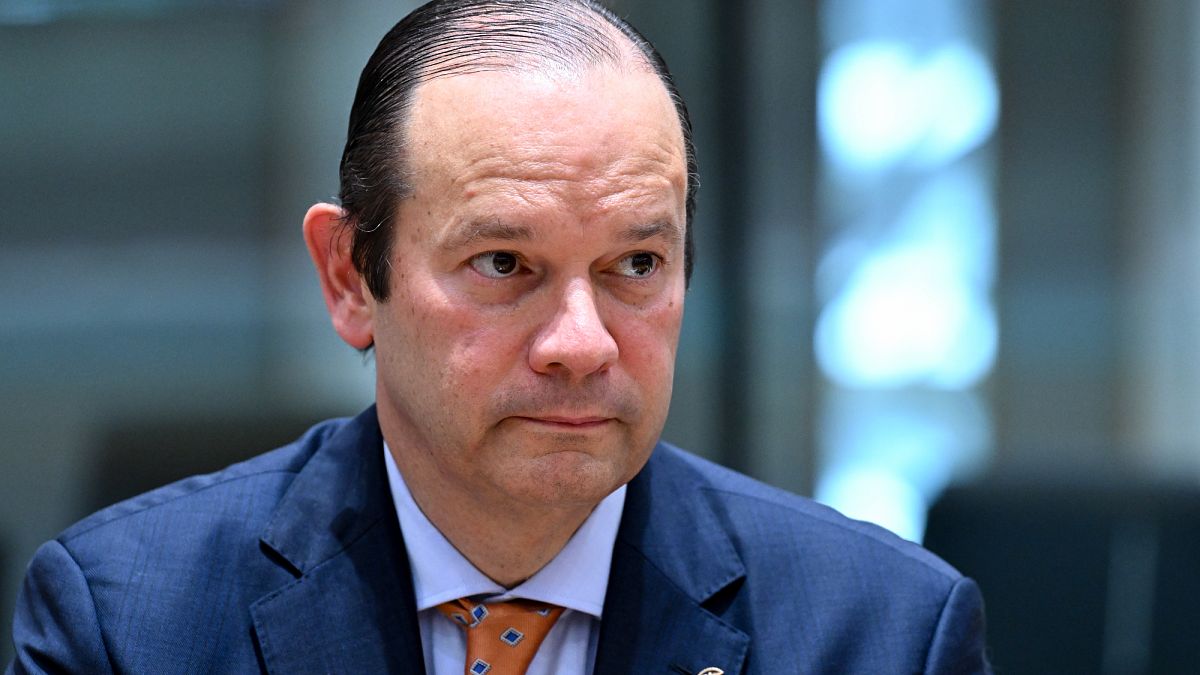

In the ever-evolving landscape of international relations, recent developments highlight significant diplomatic engagements and political shifts across the globe. From strategic military exercises in Panama to coalition dynamics in Israel, and from individual influences on geopolitical perceptions to the urgent discourse on human rights, the global stage is marked by intricate interactions and meaningful dialogues.
In Panama, the country’s Foreign Minister, Javier Martínez-Acha, has clarified the purpose and temporary nature of the ongoing US military exercises within the nation. Addressing misconceptions regarding Panama’s sovereignty, Martínez-Acha emphasized that no foreign armed forces would remain permanently. This statement comes as reassurance amidst regional concerns over sovereignty and control, reaffirming Panama’s commitment to maintaining its autonomy while cooperating with global partners.
In Israel, Prime Minister Benjamin Netanyahu faces a significant political challenge as the United Torah Judaism party announces its departure from the coalition government. This development leaves Netanyahu with a precariously thin majority, highlighting the delicate balance within his coalition, primarily composed of far-right parties. As political observers watch closely, the implications of this shift could influence not only domestic policies but also Israel’s broader geopolitical strategies.
On a broader international front, the influence of individuals on diplomatic narratives is evident in the case of Melania Trump. Celebrated by Ukrainians as “Agent Melania Trumpenko,” the First Lady has been praised on social media for challenging her husband, former President Donald Trump’s, trust in Russian President Vladimir Putin. Her role in pointing out inconsistencies in Putin’s actions has been acknowledged during discussions with NATO officials, underpinning the power of personal influence in shaping diplomatic perspectives.
Human rights remain a critical focus as European lawmakers and rights activists urge the elevation of Iran’s treatment of political prisoners in any forthcoming negotiations between Europe and Iran. Advocacy groups stress the importance of addressing Iran’s internal dissent and call for its inclusion in discussions about future relations. As diplomatic dialogues progress, the advocacy for human rights remains pivotal in shaping international policies.
Simultaneously, a significant gathering of 30 nations, including China, Spain, and Qatar, has commenced in Bogota, Colombia, with the aim of addressing the Israeli occupation of Palestine. Described as “the most significant political development in the past 20 months,” this two-day conference is hailed by UN rapporteur Francesca Albanese as occurring at an “existential hour” for both Israel and the Palestinian people. The meeting seeks to identify political, economic, and legal strategies to foster peace and coexistence in this enduring conflict.
These developments underscore the dynamic and interconnected nature of global affairs. With each nation and individual playing a distinct role, the pursuit of diplomacy and mutual understanding continues to shape the world. As these narratives unfold, they serve as reminders of the importance of open dialogue, collaboration, and a shared commitment to peace and human dignity.
Source: {link}
